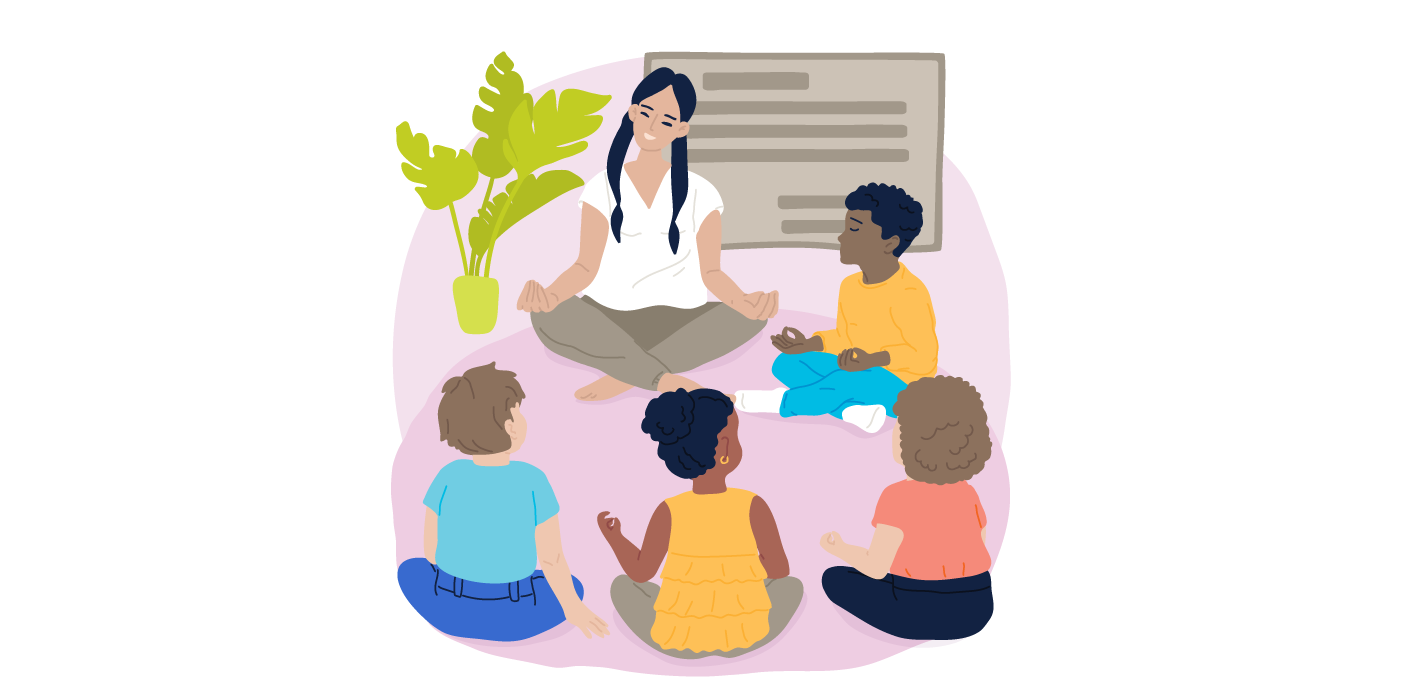 Every job seeker with a disability is faced with the same decision: “Should I or shouldn’t I disclose my disability?” This decision may be framed differently depending upon whether you have a visible disability or a non-visible disability. Ultimately, the decision of whether to disclose is entirely up to you.
Every job seeker with a disability is faced with the same decision: “Should I or shouldn’t I disclose my disability?” This decision may be framed differently depending upon whether you have a visible disability or a non-visible disability. Ultimately, the decision of whether to disclose is entirely up to you.
Why Disclose in the Workplace?
When you leave school and enter the workforce, many aspects of your life change. Among the many differences, is the requirement to share information about your disability if you want your employer to provide you with reasonable accommodations. In school if you had an individualized education program (IEP), as required under the Individuals with Disabilities Education Act (IDEA), information about your disability and the accommodations you needed followed you from grade to grade. When you enter the workforce, the IDEA no longer applies to you. Instead, the Americans with Disabilities Act (ADA) and the Rehabilitation Act protect you from disability-related discrimination and provide for meaningful access. The laws require that qualified applicants and employees with disabilities be provided with reasonable accommodations. Yet, in order to benefit from the ADA and the Rehabilitation Act, you must disclose your disability. An employer is only required to provide work-related accommodations if you disclose your disability to the appropriate individuals.
When to Disclose Your Disability
There is no one “right” time or place to disclose your disability. Select a confidential place in which to disclose, and allow enough time for the person to ask questions. Do not dwell on the limitations of your disability. You should weigh the pros and cons of disclosure at each point of the job search, recruitment, and hiring process and make the decision to discuss your disability when it is appropriate for you.
Consider the following stages:
- In a letter of application or cover letter;
- Before an interview;
- At the interview;
- In a third-party phone call or reference;
- Before any drug testing for illegal drugs;
- After you have a job offer;
- During your course of employment; or
- Never.
How to Disclose your Disability
Preparation is essential for disclosing your disability. Effective disclosure requires that you discuss your needs, and that you provide practical suggestions for reasonable job accommodations, if they are needed. One way to become comfortable with discussing your disability is to find someone you trust and practice the disclosure discussion with that person. The two of you can put together a disclosure script. It should contain relevant disability information and weave in your strengths. Always keep it positive!
What to Disclose About Your Disability
There is no required information to share about your disability. In fact, it will be different for everyone. For example, if you have an apparent disability it is often beneficial to address how you plan to accomplish tasks required by the job. This can affirm to the employer that you are suited for the position. Additionally, by demonstrating your own ease and comfort with the job requirements, you can relay to employers other traits that are desirable in an applicant. A person with a hidden disability, on the other hand, will first need to decide whether to disclose the disability, and subsequently determine what information to share about the disability. Generally, if you choose to disclose, it is most helpful to share the following:
- General information about your disability;
- Why you are disclosing your disability;
- How your disability affects your ability to perform key job tasks;
- Types of accommodations that have worked for you in the past; and
- Types of accommodations you anticipate needing in the workplace;
To Whom to Disclose Your Disability
Disclose your disability on a “need-to-know” basis. Provide further details about your disability as it applies to your work-related accommodations to the individual who has the authority to facilitate your accommodation request. Consider disclosing to the supervisor responsible for the hiring, promoting, and/or firing of employees. This person needs to be informed of your disability-related needs to provide the necessary supports and judge your job performance fairly.
Disclosure Protections and Responsibilities
As a person with a disability, you have disclosure protections as well as significant responsibilities to yourself and to your employers.
You are entitled to:
- Have information about your disability treated confidentially and respectfully;
- Seek information about hiring practices from any organization;
- Choose to disclose your disability at any time during the employment process;
- Receive reasonable accommodations for an interview;
- Be considered for a position based on your skill and merit; and
- Have respectful questioning about your disability for the purpose of determining whether you need accommodations and if so, what kind.
You have the responsibility to:
- Disclose your need for any work-related reasonable accommodations;
- Bring your skills and merits to the table; and
- Be truthful, self-determined, and proactive.
Resources
The Job Accommodation Network (JAN) https://AskJAN.org
Source: U.S. Department of Labor, Office of Disability Employment Policy | Youth, Disclosure, and the Workplace Why, When, What, and How, https://www.dol.gov/agencies/odep/publications/fact-sheets/youth-disclosure-and-the-workplace-why-when-what-and-how | Public domain. Retrieved January 2023.
The Schwab Learning Center at CHC helps college and high school students with diverse learning challenges succeed in all areas of their lives. Register for support with a learning specialist at the Schwab Learning Center at CHC.





